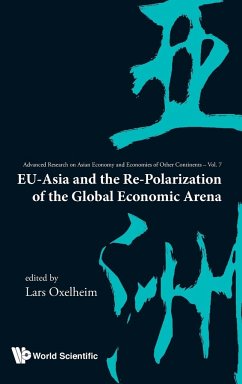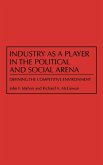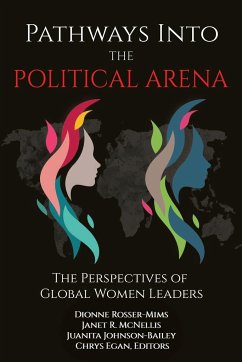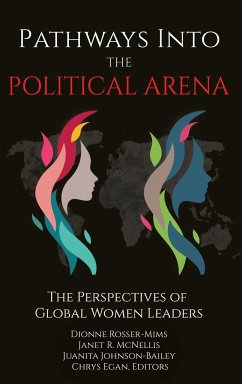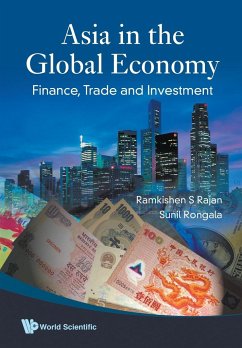At the end of the 1980s, a tri-polar world comprising the US, EU and Japan emerged. Nevertheless, the economic turbulence of the early 21st century has destabilized this old order and the rise of other Asian powers has implications for the formation of a new economic configuration. This book discusses the probability of the different tentative global economic power balances to emerge, as well as the different contestants: the EU, China and Japan, among others. Organized into three sections, the first part addresses general and trend-wise developments with relevance to the outcome of the re-polarization process. Subsequently, three chapters focus on developments in China, India and Japan. Finally, special issues such as climate policies, corporate governance, social reforms and cross-border economic alliances are considered in greater detail, in relation to their implications for the outcome of the re-polarization process.

